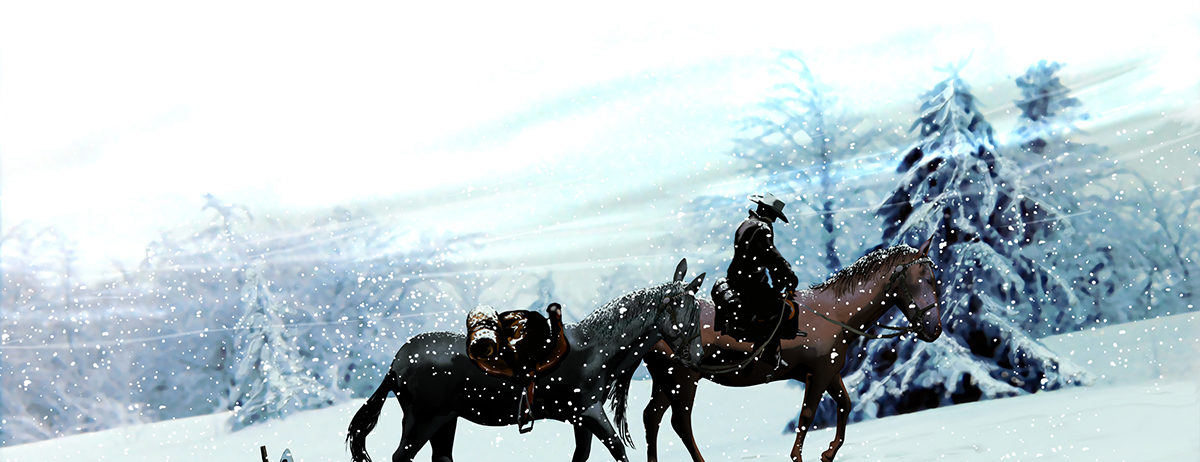- Joined
- Feb 24, 2014
- Messages
- 33,919
- Reaction score
- 26,629
- Location
- Oceania
- Gender
- Male
- Political Leaning
- Libertarian
Here's something I came across: it concerns about this big merger between 2 of the big 5 publishing firms. The US government and some notable authors (like Stephen King) are fighting the merger, saying that it will kill a lot of author advances and monopolize the industry (even though it already has, until the indie market exploded).
Now comes the whopper. Dean Wesley Smith (another bestselling trad pub author) posted some excerpts from the trial and it seems pretty shocking.
“During the trial, a couple of depressing statistics were shared: of the 58,000 trade titles published per year, fully half of those titles “sell fewer than one dozen books.” (Not a typo, that’s one dozen.) More broadly, 90 percent of titles sell fewer than 2,000 units. Even a small advance of a few thousand dollars would not earn out at standard royalty rates.”
This is quite simply incredible. Ive always known that advances, especially for middling, no-name authors were pitifully small, but I had no idea that their print sales were even worse.
As an indie author, I dont sell a whole lot of print books, 90% of my income comes from ebook and audio sales, and I sell a lot more than 2K units of these per year with my entire catalog. Also, being an indie, I get to keep most of my income from sales (between 35-75%), as opposed to trad published authors, who get around 8%, after their advances get paid off- but with this revelation, its obvious their sales dont even come close to whatever advances they receive, no matter how small.
If I was to make a prediction, it's that the trad publishing market will continue to dry up, and almost all new authors will go indie instead, leaving only the established big names as being under contract by the trad publishers. The market is changing, and those that want to survive will have to develop new skills.
/cloudfront-us-east-2.images.arcpublishing.com/reuters/WW4KZV75NBJJPC6IHC3VU2LNTI.jpg)
 www.reuters.com
www.reuters.com

Now comes the whopper. Dean Wesley Smith (another bestselling trad pub author) posted some excerpts from the trial and it seems pretty shocking.
“During the trial, a couple of depressing statistics were shared: of the 58,000 trade titles published per year, fully half of those titles “sell fewer than one dozen books.” (Not a typo, that’s one dozen.) More broadly, 90 percent of titles sell fewer than 2,000 units. Even a small advance of a few thousand dollars would not earn out at standard royalty rates.”
This is quite simply incredible. Ive always known that advances, especially for middling, no-name authors were pitifully small, but I had no idea that their print sales were even worse.
As an indie author, I dont sell a whole lot of print books, 90% of my income comes from ebook and audio sales, and I sell a lot more than 2K units of these per year with my entire catalog. Also, being an indie, I get to keep most of my income from sales (between 35-75%), as opposed to trad published authors, who get around 8%, after their advances get paid off- but with this revelation, its obvious their sales dont even come close to whatever advances they receive, no matter how small.
If I was to make a prediction, it's that the trad publishing market will continue to dry up, and almost all new authors will go indie instead, leaving only the established big names as being under contract by the trad publishers. The market is changing, and those that want to survive will have to develop new skills.
/cloudfront-us-east-2.images.arcpublishing.com/reuters/WW4KZV75NBJJPC6IHC3VU2LNTI.jpg)
U.S. asks judge to block book publisher merger as trial closes
The U.S. Justice Department on Friday urged a U.S. judge to block a $2.2 billion merger of two of the "Big Five" book publishers, saying "competition matters" and said the industry should not be treated differently from others.

What a Number… Shocking
WHY WOULD ANY AUTHOR GO TRADITIONALLY PUBLISHED?? In the trial going on between the publishers and the government to stop the merger of two of the big five publishers, this information came out, reported on the Hot Sheet. Let me quote this exactly… “During the trial, a couple of depressing...
deanwesleysmith.com
